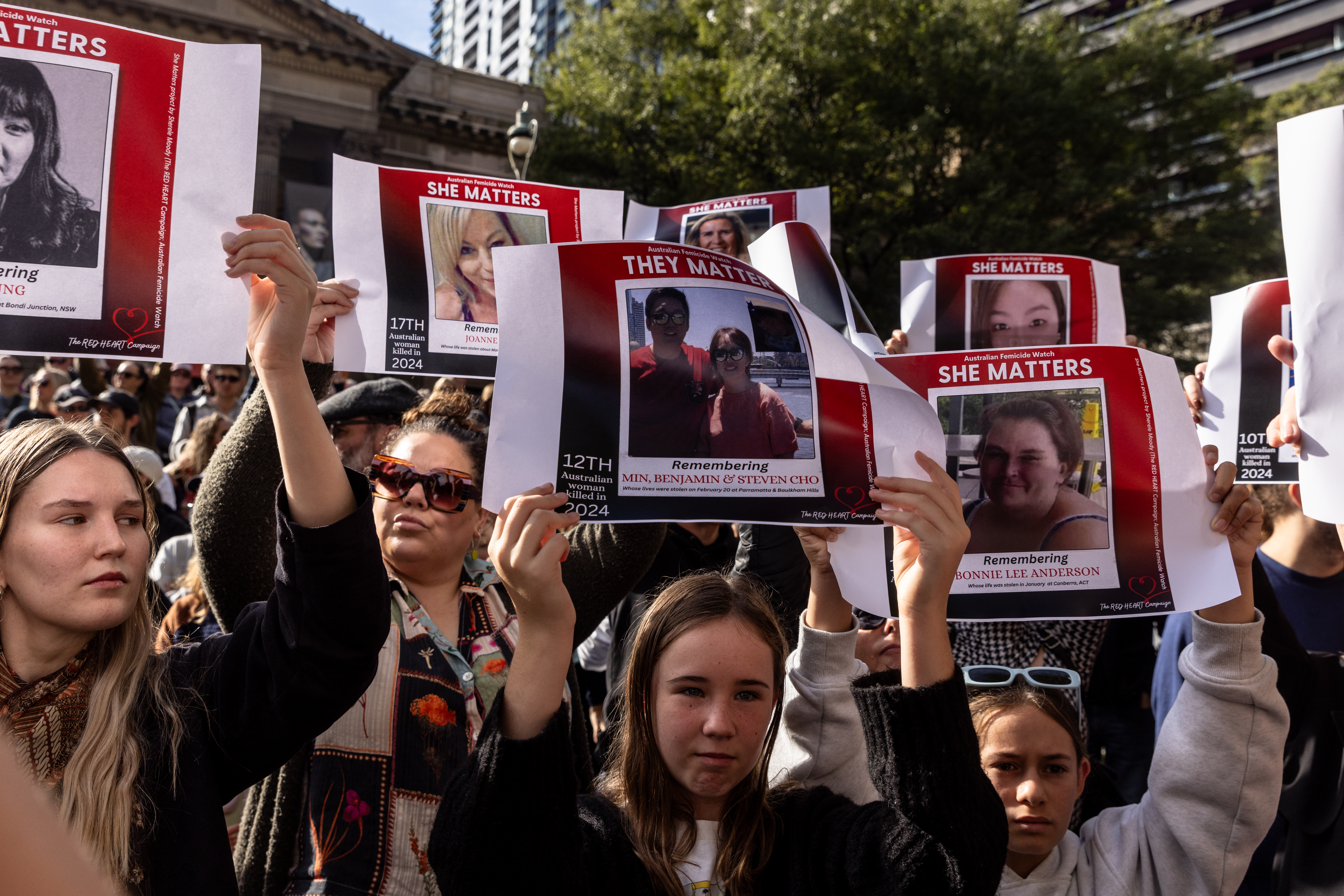Pope Francis admitted he made "grave errors" in judgment in Chile's sex abuse scandal on Wednesday and invited the abuse victims he had discredited to Rome to beg their forgiveness.
In an extraordinary letter published Wednesday, Francis also summoned all of Chile's bishops to the Vatican for an emergency summit in the coming weeks to discuss the scandal, which has badly tarnished his reputation and that of the Chilean church.
The Vatican orders up such emergency visits only on rare occasions, when Vatican intervention is urgently required, such as when the clerical sex abuse scandal exploded in the United States in 2002.
Francis said the meeting, which comes just a year after the Chilean bishops were last in Rome on a regular visit, would have as its objective "repairing scandal where possible and re-establishing justice."
Francis blamed a lack of "truthful and balanced information" in his missteps in judging the case of Bishop Juan Barros, a protege of Chile's most notorious predator priest, the Rev. Fernando Karadima. Francis had strongly defended Barros during his January visit to Chile, despite accusations by victims that he witnessed and ignored their abuse.
In Chile and during an airborne press conference returning to Rome, Francis had accused the victims of "calumny" for pressing their case against Barros, demanded they present "proof" of their claims, revealed he had twice rejected Barros' resignation and insisted: "I am convinced he is innocent."
After causing an outcry, Francis sent the Vatican's most respected sex abuse investigator, Archbishop Charles Scicluna, to get to the bottom of the scandal. While his letter doesn't reveal his ultimate conclusions about Barros, Francis made clear he and the bishops had a lot of work to do to turn the church around.
U.S. & World
In words that laid bare his simmering anger, Francis said they must now work together to "re-establish confidence in the church, confidence that was broken by our errors and sins, and heal the wounds that continue to bleed in Chilean society."
Karadima was a charismatic preacher who was removed from the ministry by the Vatican for sexually abusing minors and sentenced in 2011 to a lifetime of penance and prayer. Karadima had long been a darling of the Chilean hierarchy, and his victims have accused church leaders of covering up his crimes to protect the church's reputation.
Scicluna and his colleague, the Rev. Jordi Bertomeu, spent nearly two weeks in Chile and New York earlier this year interviewing Karadima's victims, who for years have denounced Barros' silence and were stunned by Francis' strong defense of him.
In his letter, Francis thanked the 64 people who testified and had the courage to bare the "wounds of their souls" for the sake of truth. He said he felt "pain and shame" in reading the 2,300-page dossier his envoys prepared. He said Scicluna and Bertomeu were "overwhelmed by the pain of so many victims."
"For my part, I recognize — and so I want it to be faithfully transmitted — that I have incurred grave mistakes of judgment and perception of the situation, especially due to the lack of truthful and balanced information," Francis wrote. "From now on I ask forgiveness of all those I offended and I hope to be able to do it personally in the coming weeks."
Many of Chile's bishops, and members of Francis' own sex abuse advisory board, had questioned Barros' suitability to lead a diocese given claims by Karadima's victims that Barros stood by and did nothing while Karadima groped them.
Francis overrode their concerns and appointed Barros bishop of the southern Chilean diocese of Osorno in 2015, saying the church had investigated the claims against him and found them to be baseless.
While church leaders have long blasted the media for exposing pedophiles in their ranks, Francis thanked news organizations for respecting the confidentiality of those victims who came forward to testify, while "respecting the right of citizens to information."
Vergara reported from Punta de Tralca, Chile.



